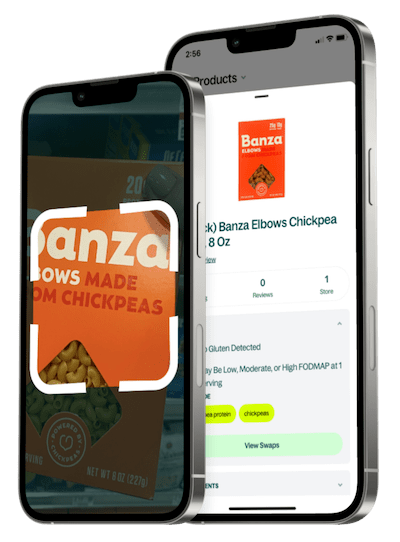Is Ottogi Jin Ramen Spicy Vegetarian?


Ingredients
Wheat flour, modified tapioca starch, palm oil, salt, wheat gluten, sugar, garlic*, red pepper seasoning* (red pepper, garlic, salt, soy sauce [soybean, wheat], onion), soy sauce seasoning* [soy sauce (soybean, wheat), onion, yeast extract, glucose], hydrolyzed soybean and wheat protein, monosodium glutamate, dried Chinese cabbage, soy sauce* (soybean, wheat), emulsified oil (oligosaccharide, soybean oil, tocopherol, lecithin, mono- and diglycerides), textured wheat protein (wheat, soybean), glucose, yeast seasoning* (salt, dextrin, yeast extract, sugar), dried carrot, dried green onion, yeast extract (wheat, soybean, gluten), roasted rice, acidity regulators (sodium carbonate, potassium carbonate, sodium tripolyphosphate, sodium acid pyrophosphate), chili extract* (chili extract, glucose), black pepper, red pepper*, dried mushroom, disodium inosinate, disodium guanylate, kelp extract* (kelp, salt, glucose), dried red pepper, chili extract, malic acid, green tea extract, riboflavin (color). Contains wheat, soybean. Produced in a facility that also uses milk, eggs, fish, crustacean shellfish, tree nuts, peanuts, and sesame.
What is a Vegetarian diet?
A vegetarian diet eliminates meat, poultry, and fish but typically includes dairy, eggs, and plant-based foods. People adopt it for ethical, environmental, or health reasons. This diet emphasizes fruits, vegetables, legumes, grains, nuts, and seeds as key nutrient sources. Vegetarians often get protein from eggs, tofu, beans, and lentils. It can offer health benefits such as reduced risk of heart disease and improved weight management, though attention should be given to nutrients like iron, zinc, and vitamin B12. With proper planning, a vegetarian diet can be both nutritionally complete and sustainable.


